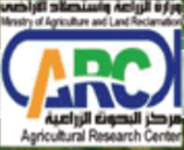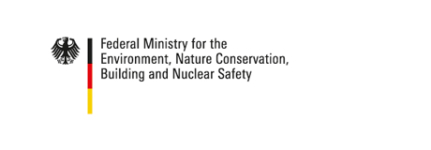The objectives of the project are as follows: develop self-sustaining incentives for mainstream pollinator protection; build capacity for pollinator protection and sustainable use of biodiversity on different levels; identify pollinator species and their habitat requirements in North Africa and countries bordering the Mediterranean in the east; share knowledge with other countries, international institutions and organizations; and develop of an international stewardship for pollinator-protecting agriculture.
UPDATES
In 2020, the International Climate Initiative (IKI)-FAP project was established to increase yields by attracting a higher diversity and abundance of pollinators and natural enemies using strips of marketable flowering plants, like spices, oilseeds and vegetables. The same year, the project presented results from Morocco and fine-tuned projects in the five participating countries. National Agricultural Research System partners from Algeria, Egypt, Jordan, Palestine and Turkey learned the FAP approach in an intensive one-week training in Rabat before launching their own projects. The IKI project was also presented at the World Biodiversity Forum in Davos 2020.
In 2021, the project worked to enhance agricultural land using marketable habitat enhancement plants (MHEP), more nesting availability, and water support. MHEP prolong flowering times and attract a higher diversity and abundance of pollinators (enhancing productivity of many crops) and natural enemies (reducing pest abundance in the main crop and the need for chemicals). Both effects significantly increase the net income gain to farmers.
In October 2022, ICARDA trained 24 trainees in Egypt on the FAP approach. They are expected to train a further 720 Egyptian farmers. Also in 2022, 36 FAP demonstrations were implemented at farmers’ fields in Palestine to collect and identify pollinators and increase crop productivity.


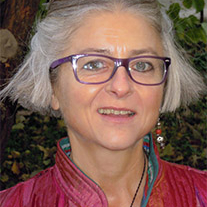

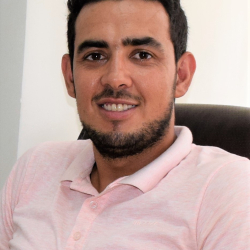



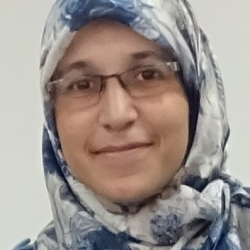
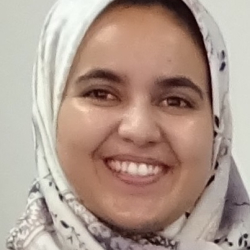




.jpg)
.jpg)

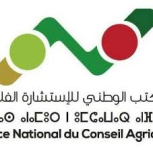


.png)


